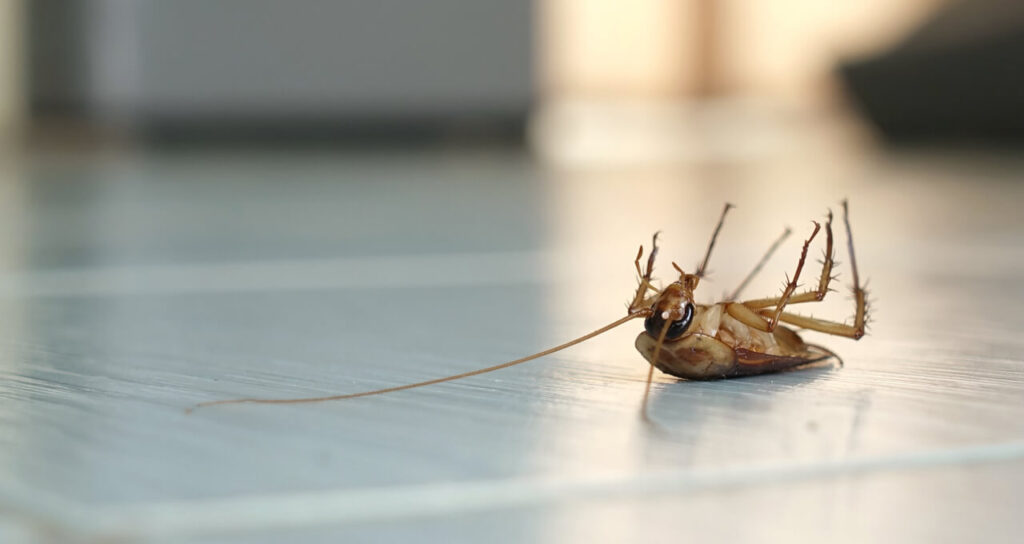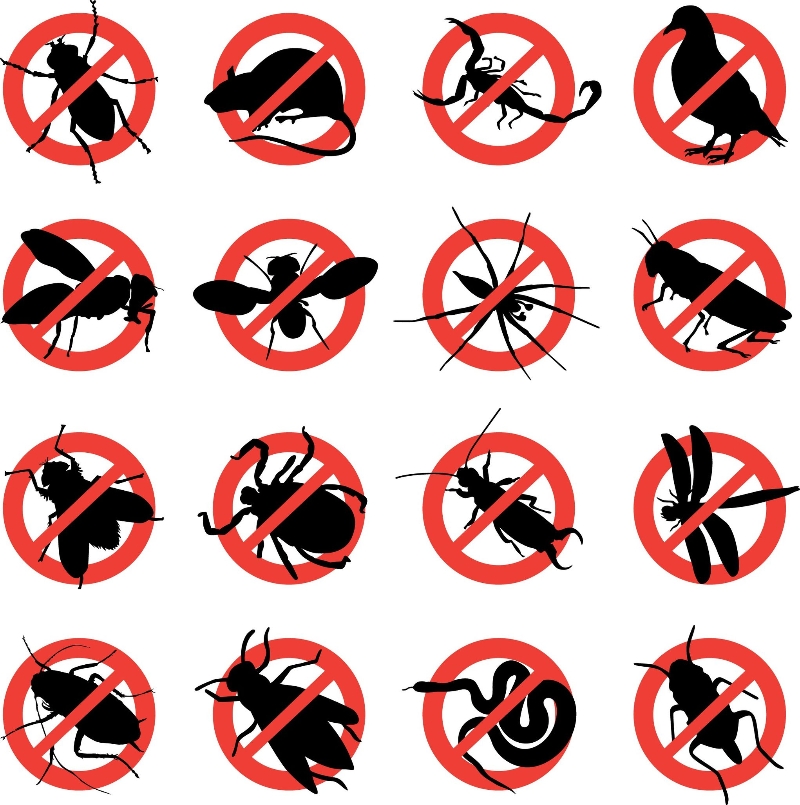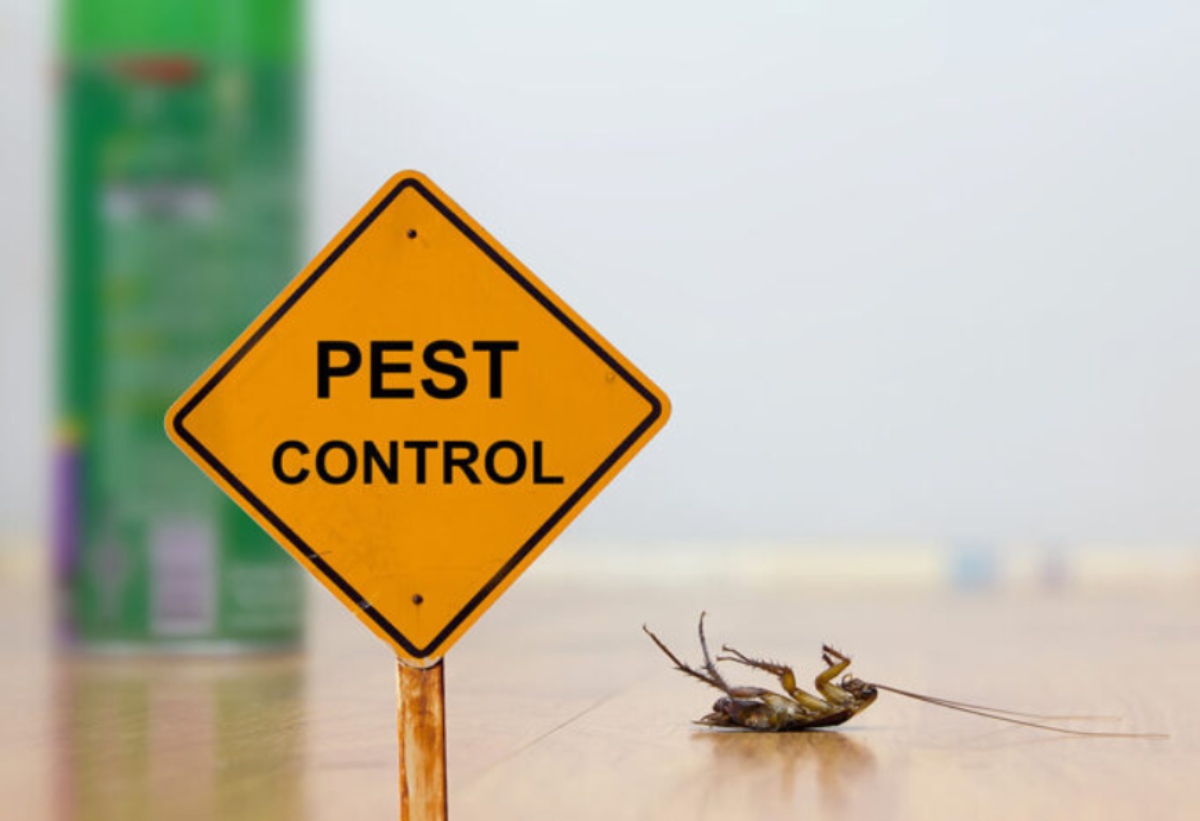Preventive pest control is a proactive approach aimed at managing and minimizing pest infestations before they become a significant problem. Rather than waiting for pests to invade and then addressing the issue, preventive pest control focuses on creating an environment that discourages pests from entering and establishing themselves.
This comprehensive guide will delve into various aspects of preventive pest control, including its importance, key strategies, and best practices.
What are the Preventive Treatment of Pests?
A treatment strategy called preventive pest control works to keep pests off your property. A combination of chemical, biological, and physical treatments are used in preventative pest management to both keep pests out of your property and eliminate them if they do get inside.
It is not a one-time fix to keep the pests out; rather, it’s an ongoing maintenance requirement. Most likely, the typical homeowner is not familiar with all the necessary methods to repel pests. Preventing pest infestations before they start is essential to preventing costly bug removal and expensive house repairs from damage caused by pests.

Importance
Health and Safety
It plays a crucial role in safeguarding human health and safety. Many pests, such as rodents and insects, can carry and transmit harmful diseases. By preventing their entry and proliferation, the risk of disease transmission can be significantly reduced.
Property Protection
Pests can cause extensive damage to structures, furniture, and other belongings. Termites, for example, are notorious for damaging wooden structures, while rodents can chew through electrical wiring. Preventive measures help safeguard property and prevent costly repairs.
Food Safety
In agricultural and food processing settings, it is essential to ensure the safety and quality of food products. Pests in storage areas can contaminate food, leading to health hazards and economic losses.
Environmental Conservation
Many traditional pest control methods involve the use of chemical pesticides, which can have adverse effects on the environment. Preventive measures, such as habitat modification and biological controls, are often more environmentally friendly, contributing to sustainable pest management.
Key Strategies
Routine Inspections
Regular inspections of the property are the foundation of preventive pest control. Identifying potential entry points, nesting sites, and signs of pest activity early on allows for timely intervention. Professionals can conduct thorough inspections to assess the risk and implement preventive measures.
Exclusion Techniques
Seal off potential entry points for pests by repairing cracks, gaps, and openings in walls, doors, and windows. Installing screens on doors and windows can prevent insects from entering buildings. Proper insulation and weather stripping also contribute to creating a pest-resistant environment.
Sanitation Practices
Maintain cleanliness in and around the property to eliminate food sources and breeding grounds for pests. Regularly dispose of garbage, clean food spills promptly, and keep storage areas well-organized. Proper waste management is a critical component of preventive pest control.
Landscaping Management
Landscaping can influence pest presence. Trim bushes and trees away from structures to eliminate potential bridges for pests. Remove standing water, as it serves as a breeding ground for mosquitoes and other insects. Implementing natural barriers, such as gravel or diatomaceous earth, can deter crawling pests.
Biological Controls
Introduce natural predators or parasites to control pest populations. For example, using beneficial insects like ladybugs or deploying nematodes in the soil can help manage specific pests without resorting to chemical solutions. This approach aligns with environmentally sustainable pest control practices.
Education and Training
Raise awareness among residents, employees, or stakeholders about the importance of preventive measures. Training programs can teach individuals how to identify potential risks, report issues promptly, and participate in maintaining a pest-free environment.
Best Practices
Integrated Pest Management (IPM)
Adopting an Integrated Pest Management approach involves combining various strategies for a comprehensive and sustainable pest control solution. IPM focuses on minimizing the use of pesticides and prioritizes preventive measures, biological controls, and monitoring.
Professional Pest Control Services
Engage the services of licensed and experienced pest control professionals. These experts can conduct thorough assessments, develop tailored preventive plans, and implement effective control measures. Regular follow-up visits ensure ongoing monitoring and adjustments to the pest control strategy as needed.
Record-Keeping
Maintain detailed records of pest control activities, including inspections, treatments, and outcomes. This documentation helps track the effectiveness of preventive measures over time and provides valuable information for future planning.
Communication and Collaboration
Foster communication and collaboration between property owners, residents, and pest control professionals. Regular updates on preventive measures, potential risks, and ongoing strategies can create a shared responsibility for pest control.
Adaptability
Pest control is an evolving field, and pests can adapt to various control methods over time. Regularly reassess and update preventive strategies based on changes in pest behavior, environmental conditions, and advancements in pest control technology.

FAQs
Why is preventive pest control important for residential properties?
Preventive pest control for residential properties is essential for safeguarding the health and safety of residents. It helps minimize the risk of diseases carried by pests, protects property from damage, and ensures a safe and comfortable living environment.
How can I implement preventive pest control in my garden without using harmful pesticides?
Implementing this type of pest control in gardens without harmful pesticides involves practices such as companion planting, attracting beneficial insects, and using natural barriers like diatomaceous earth. These methods create a balanced ecosystem that deters pests without compromising environmental health.
What role does integrated pest management (IPM) play in preventive pest control?
Integrated Pest Management (IPM) is a comprehensive approach to pest control that emphasizes preventive measures, biological controls, and minimal use of pesticides. In preventive pest control, IPM ensures a sustainable and effective strategy by combining various methods tailored to specific needs.
Can preventive pest control be applied in commercial settings, and how does it benefit businesses?
Yes, it is crucial for businesses. It protects against property damage, ensures food safety in the case of restaurants or food processing facilities, and enhances the overall hygiene and reputation of the business. Regular professional pest control services are often employed to maintain a pest-free environment.
What are the preventive measures for pest control?
Regularly clean your home of trash. Resolve any plumbing leaks and keep water from building up anyplace in the house. Keep water out of the trays beneath your refrigerator and indoor plants. Never let pet food and water sit out all night.
What are some signs that indicate the need for preventive pest control measures in a property?
Signs that indicate the need for preventive pest control include the presence of droppings, nests, or visible pests, unexplained property damage, and unusual odors. Regular inspections by professionals can help identify these signs early on and implement preventive measures before the pest problem escalates.
Conclusion
Preventive pest control is a proactive and sustainable approach to managing pests that offers numerous benefits, including protecting human health, preserving property, and promoting environmental sustainability.
By incorporating key strategies such as routine inspections, exclusion techniques, sanitation practices, and biological controls, individuals and businesses can create an environment that discourages pests from becoming a significant problem.
Engaging professional pest control services and adopting integrated pest management practices further enhances the effectiveness of preventive measures. Through education, collaboration, and adaptability, communities can work together to maintain pest-free environments and promote the well-being of both people and ecosystems.


3 replies on “Preventive Pest Control – Importance, and Best Practices”
[…] all insects with pincers might require intensive control measures unless they significantly impact human environments or plant […]
[…] the importance of collaboration between gardeners and pest control experts ensures effective, tailored solutions. This collaboration ensures that the garden remains […]
[…] best way and by far the most effective pest control method is prevention. Ensuring you are taking action to not attract pests in the first place. Much […]